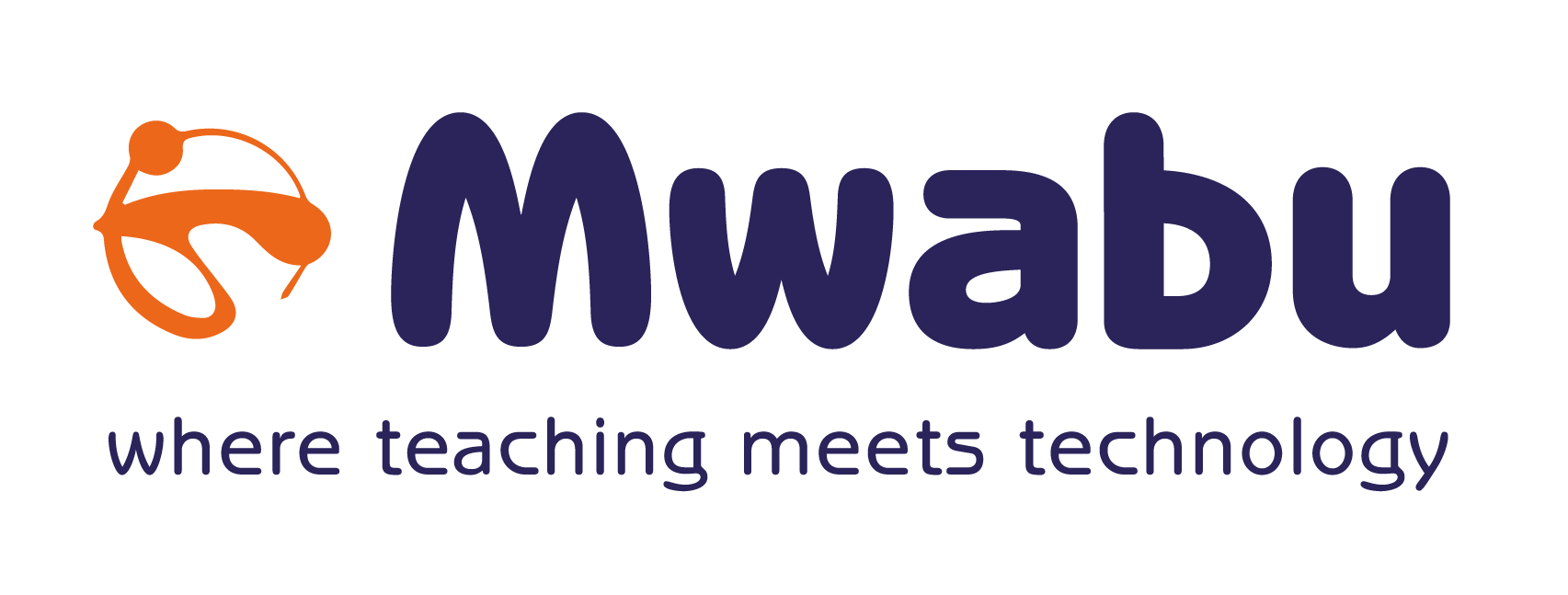
The week was extremely successful for both trainer and trainees, with the teachers feeling excited about using the Mwabu tablets and eagerly adopting the new teaching approaches and strategies they learnt.
The tablet exploration sessions during the training led to some exciting discoveries for the teachers, some of whom had worked with the tablets but had not received training. Exploring and learning how to navigate the tablet proved most helpful. They were soon able to search for specific content to use in their teaching and learning activities, something they had previously been unable to do.
The teachers expressed how pleased they were to finally be able to use the tablets in their classrooms. They were delighted to be ambassadors in changing the way education is provided in their schools through the use of Mwabu and education technology.
Mwabu Academy training uses a range of strategies and techniques to use in the classroom. The two that were particularly welcomed by the Ugandan trainees were the ‘Think, Pair, Share’ technique to get the learners to start sharing information and ideas and to promote peer learning, and the ‘Pause, Prompt, Pounce and Bounce’ questioning technique to promote critical thinking and discussion.
The think, pair, share technique was embraced by the teachers as they felt it would be a great way to get their learners to talk to their partner, to check understanding with each other, and to clarify their thinking before sharing with the rest of the class.
The Pause, Prompt, Pounce and Bounce (PPPB) was another technique on questioning to promote discussion that the teachers found exciting. It was expressed that children tend to be quiet during lessons and do not speak out to share their knowledge, ideas or understanding even if they do actually understand. We need to teach our learners to explain their thoughts and opinions.
When the teachers were able to experience how the PPPB technique was used to promote discussions during the sessions, they were excited to adopt it for use in their classrooms, and to stir up discussions among their learners rather than the teachers monopolising the conversations. They also agreed that these were effective techniques to get their learners to think critically and more deeply.
We are very proud to have delivered our high quality, supportive and effective training in Zambia, South Africa, and now Uganda.





